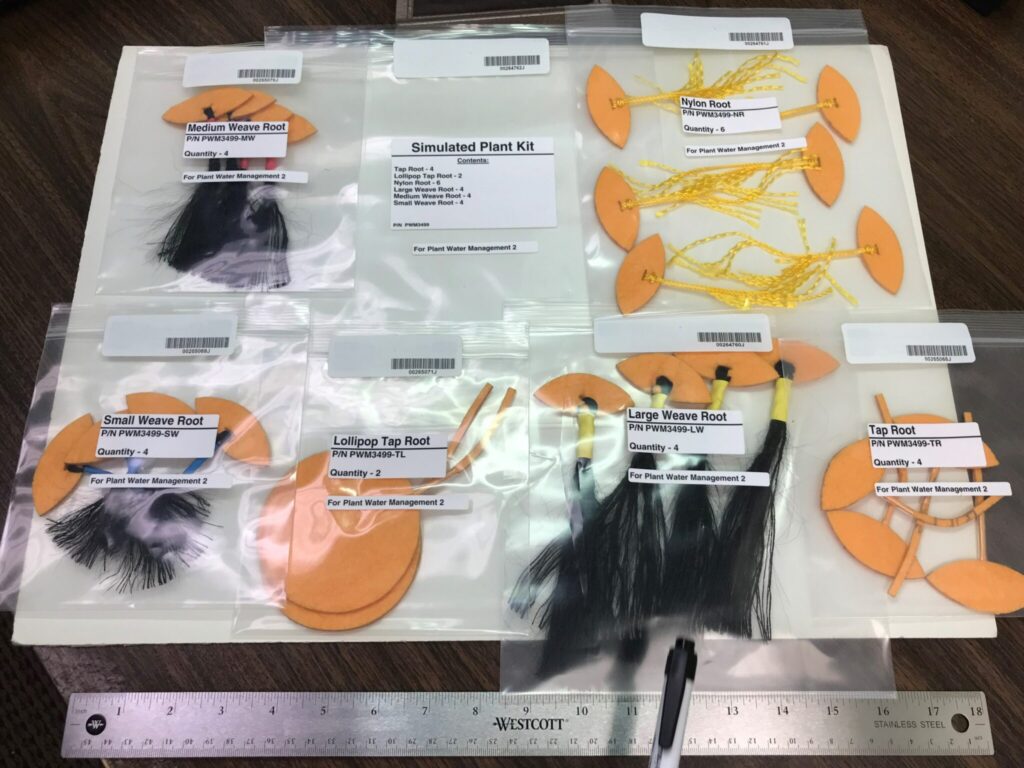- Success Stories
- Space Science Application Support & Operations
Astronauts Conduct Latest Plant Water Management on the International Space Station

NASA recently performed the sixth iteration of the CSS-supported Plant Water Management experiment on the International Space Station (ISS). Plant Water Management is a series of technology demonstrations focused on developing a capability for crop irrigation and nutrient delivery in various microgravity environments. NASA’s ISS Research Program selected CSS through its Research, Engineering, Mission, Integration Services (REMIS) contract to serve as the prime contractor for performing all mission integration and operations for the plant water management system. CSS’ role as the integrator and project manager for this effort includes designing, testing and manifesting the hardware, processing all safety related items, coordinating procedures, turning over the hardware to NASA for delivery to the International Space Station, and supporting real-time experiment operations on ISS.
The experiment payload, which includes a hydroponic system powered by a pump, a variety of induced perturbations, and synthetic plants that mimic various plant root systems, has been delivered to the International Space Station where the crew of Boeing astronauts currently resides. The crew volunteered to support this science experiment testing the hydroponic process of growing plants in their intended microgravity environment.

Although the astronauts volunteering to run the experiment admit they were first skeptical about running a hydroponic system with artificial plants, they then realized the value in testing the system. After running the operation for three days, they expressed amazement in the complex science needed to pump water through the system.
See More CSS Insights
CSS Awarded Five Year Subcontract Supporting the Bureau of Engraving and Printing
For over 22 years, CSS has supported the Bureau of Engraving and Printing (BEP). Originally as a prime contractor, CSS began supporting BEP in 2002. In November 2024, a new prime contractor, Koniag, signed CSS as a major subcontractor, which enabled CSS employee owners to continue providing comprehensive environmental, occupational safety and industrial hygiene support…

Expanding Our Offshore Wind Team
We’ve recently added several staff to bolster the offshore wind team at NOAA’s National Centers for Coastal Ocean Science. With this full team of 13, our employee owners are able to provide more focused support in their areas of expertise, including mapping and spatial modeling, data collection, communications, project management, and partner engagement. Through this…

1000 Samples of Lake Water Collected and Processed
Congrats to our team supporting U.S. Environmental Protection Agency’s Office of Research and Development for completing the processing and initial chemical analyses of 1000 lake water samples! They received lake water samples from across the continental U.S. this past summer and have completed the initial chemical analyses as part of the U.S. EPA 2022 National…
